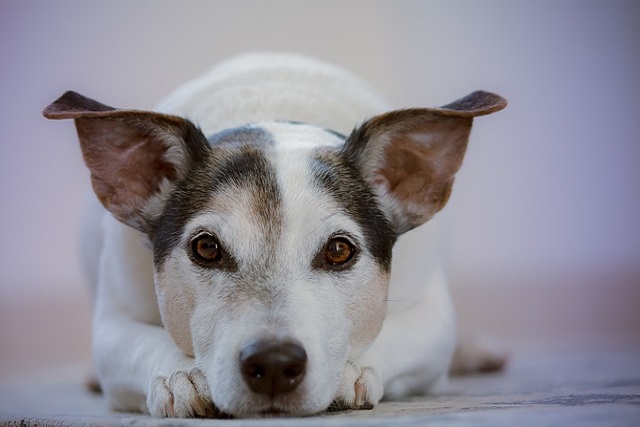
How do i train my dog to be obedient?
Watching your dog dart across the park ignoring your calls isn’t just frustrating—it can put them at risk near busy streets or public spaces.
Got a new furball bounding around your home? One of the first hurdles every pet parent in Western countries faces is figuring out the best way to potty train their puppy. It’s not just about keeping your floors clean—it’s about raising a well - behaved dog that fits seamlessly into your community, all while staying on the right side of local laws. But with so much advice out there, where do you start?
Biology is the foundation of any successful potty training plan. Puppies under 12 weeks old have bladders the size of a small coin, meaning they need to relieve themselves every 2 - 3 hours. That’s why experts across the US, UK, and Europe agree: starting training too early sets you both up for frustration. Wait until your puppy hits the 12 - 16 - week mark, when they’ve developed enough control to understand the concept of “holding it.”
Consistency is the secret sauce. Establish a strict routine: take your puppy outside first thing in the morning, after every meal, during play breaks, and right before bedtime. Many Western cities enforce leash laws and pet waste disposal regulations, fining owners up to $250 for failing to clean up after their dogs. So, not only does a regular schedule help your puppy learn faster, but it also keeps you compliant with local ordinances. Choose a specific spot outdoors—whether it’s your backyard or a designated pet area in the park—and always take them there. Dogs have a strong sense of smell, and using the same spot helps reinforce the behavior.
Positive reinforcement is non - negotiable in Western pet training culture. Every time your puppy does their business in the right place, shower them with praise, a tiny treat (like a piece of cheese or chicken), or a quick game of tug - of - war. Yelling or punishing for accidents indoors is counterproductive; it can make your puppy anxious and confused, which only delays progress. Remember, in most Western households, dogs are part of the family, and training should be a positive experience for everyone involved.

Cultural norms also play a role. In apartment buildings common in urban areas, neighbors appreciate quiet and clean living environments. If your puppy barks or whines during middle - of - the - night bathroom trips, it can lead to complaints. Using a calm voice and rewarding silent behavior helps. Additionally, some housing associations have specific rules about pet training and waste management, so it’s crucial to check your lease agreement.
Finally, be patient. Every puppy is unique. Some catch on within a few weeks, while others might take months. If you notice persistent accidents despite your best efforts, consult a vet. In Western veterinary practices, urinary tract infections or other health issues can sometimes mimic training problems. By combining biological understanding, consistency, positive reinforcement, and respect for local regulations and culture, you’ll find that potty training your puppy isn’t just manageable—it’s the first step to building a strong, happy bond with your furry friend.

Watching your dog dart across the park ignoring your calls isn’t just frustrating—it can put them at risk near busy streets or public spaces.

New puppy owners often find themselves rushing to clean up accidents before they set in, and that’s where puppy pad training becomes a game-changer.

If you've noticed your dog's waistline disappearing and your veterinarian has mentioned those few extra pounds, your first instinct might be to simply reduce the amount of food in their bowl.

Training a dog to use a designated spot indoors isn’t as daunting as many new owners fear, but it does take consistency and an understanding of your pet’s needs.

That moment of dread on a walk is all too familiar for many new dog owners. You see another dog approaching down the sidewalk of your neighborhood

If the sight of another dog on your neighborhood walk makes your heart sink as your own dog erupts into a frenzy of barking and lunging, you're not alone.